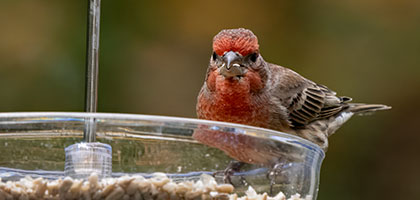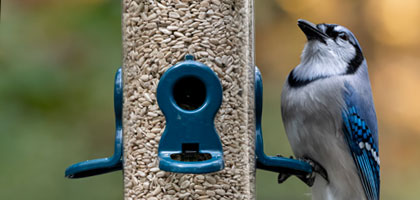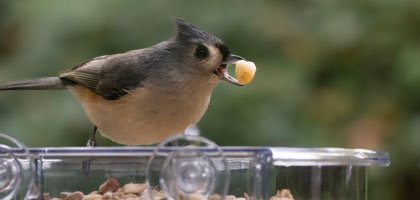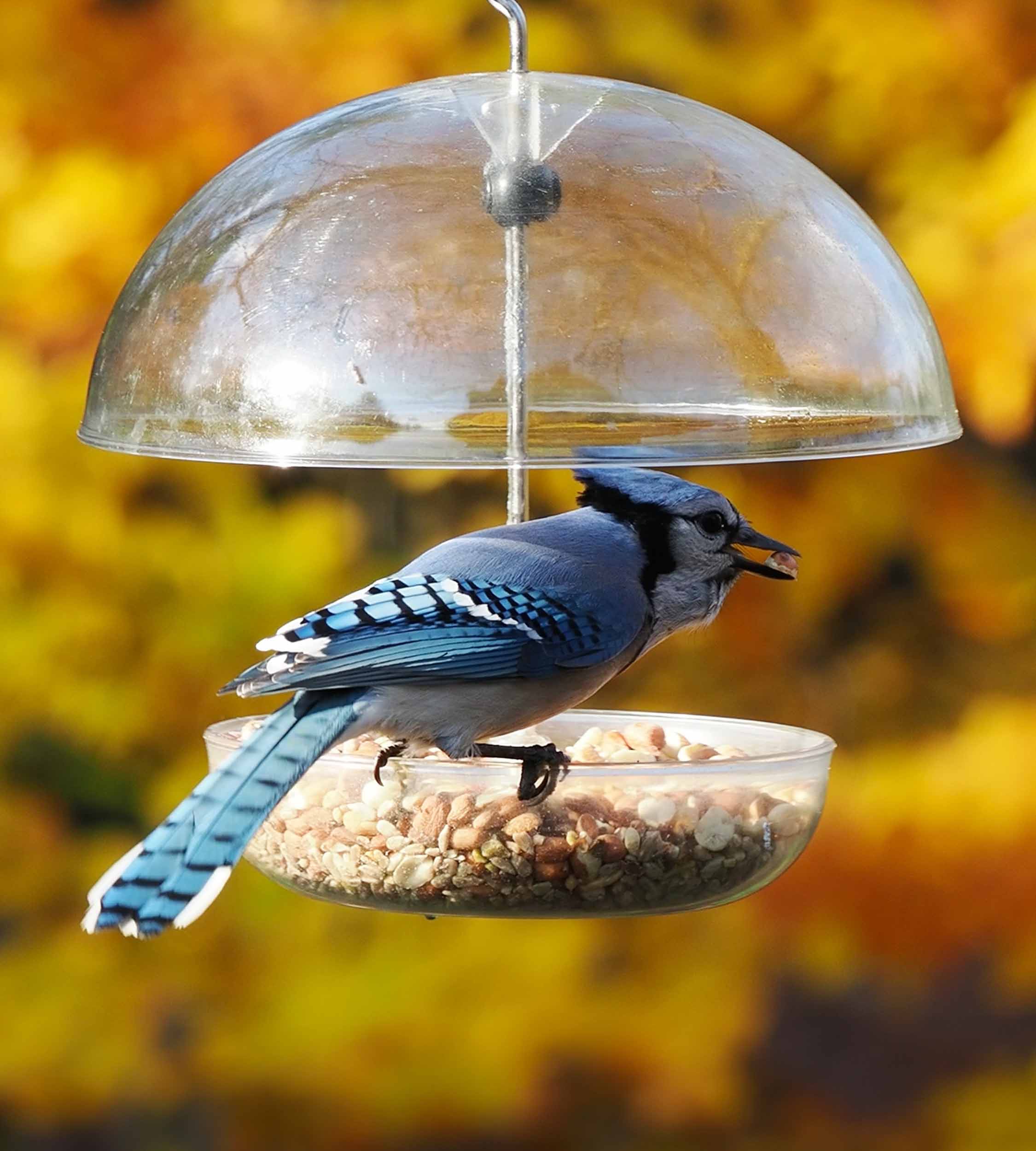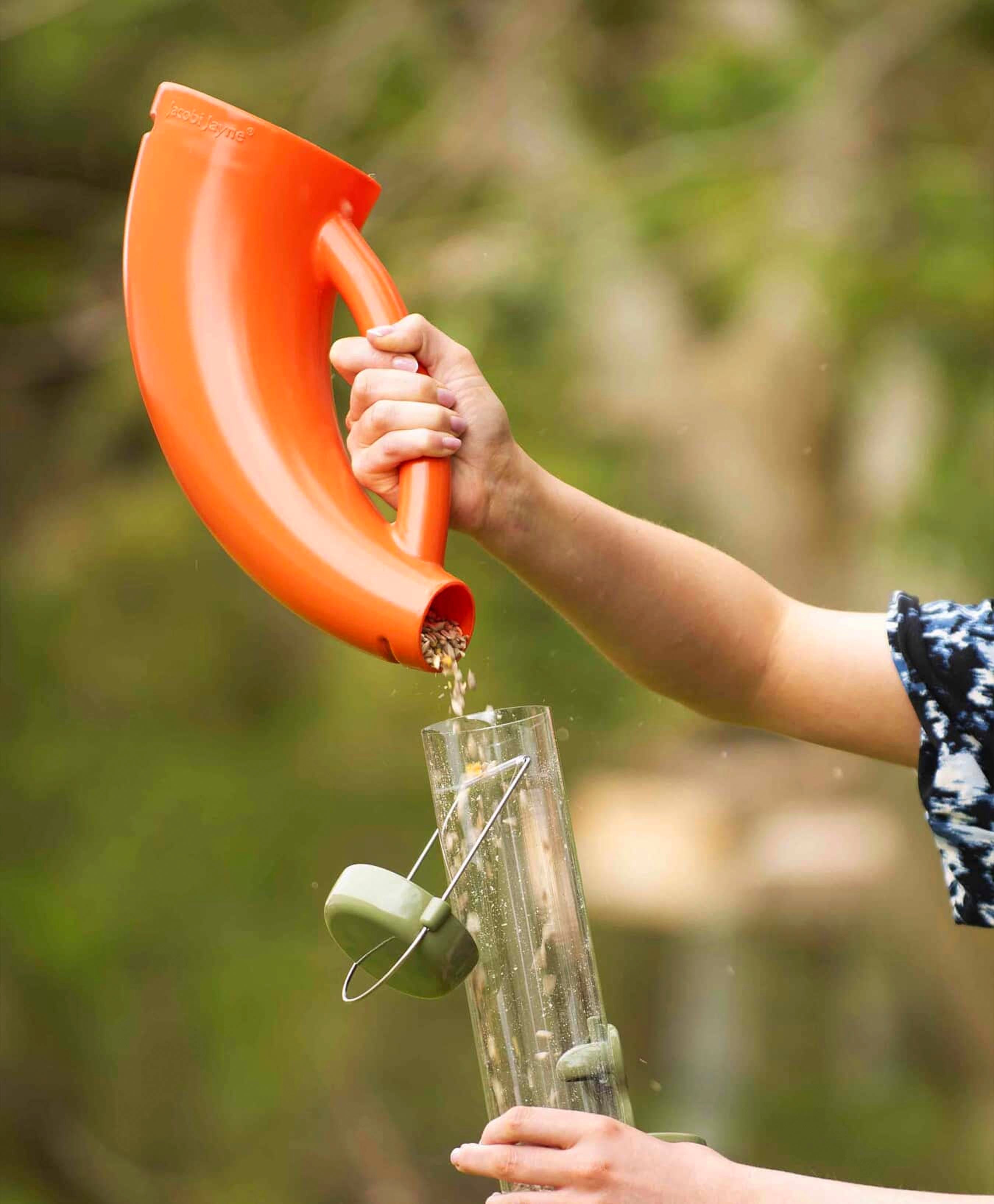Bird feeders are a delightful addition to any garden, attracting colorful birds and adding life to your outdoor space. But besides the joy they bring, many people wonder if bird feeders can help in reducing the number of bugs in their gardens. Let's explore whether having a bird feeder is an effective strategy for bug reduction.
The Role of Birds in Pest Control
Birds are natural predators of many insects. They feed on a variety of bugs, including mosquitoes, beetles, caterpillars, and spiders. By attracting birds to your garden with a bird feeder, you can encourage them to take up residence and help control the insect population.
How Birds Help Manage Bugs
Birds consume insects as a part of their diet, particularly during the breeding season when they need extra protein for themselves and their chicks. Species like chickadees, warblers, and sparrows are known for their insect-eating habits. They can significantly reduce bug populations by eating hundreds of insects daily.
Types of Birds That Eat Bugs
Some birds are more effective at controlling pests than others. Here are a few examples:
- Chickadees: Known for their voracious appetite for caterpillars and beetles.
- Wrens: These birds hunt insects in foliage and along the ground.
- Nuthatches: They love to pick insects from tree bark.
- Swallows and Martins: These birds excel at catching flying insects.
By providing a welcoming environment, you can attract these bug-eating birds to your garden.
Setting Up a Bird Feeder for Maximum Impact
To maximize the bug-reducing benefits of a bird feeder, it's important to set it up correctly. Here are some tips to ensure your bird feeder attracts insect-eating birds:
Choosing the Right Bird Feeder
Select a bird feeder that suits the types of birds you want to attract. Platform feeders, suet feeders, and hopper feeders are good options for attracting a variety of birds. Ensure the feeder is durable and easy to clean.
Providing the Right Food
While bird feeders typically offer seeds, adding other food types can attract insect-eating birds. Consider:
- Suet: High-energy food that attracts woodpeckers and nuthatches.
- Mealworms: These attract bluebirds, wrens, and robins.
- Nectar: Ideal for hummingbirds, which also consume insects for protein.
Placement of the Bird Feeder
Place your bird feeder in a location that is safe and accessible for birds. It should be near trees or shrubs, offering birds protection from predators. Regularly clean the feeder to prevent the spread of diseases.
Additional Benefits of Bird Feeders
Beyond reducing bugs, bird feeders offer several other benefits:
Enhancing Biodiversity
Attracting birds to your garden can increase biodiversity. Birds contribute to the ecosystem by pollinating plants and dispersing seeds, promoting a healthy garden environment.
Providing Educational Opportunities
Bird feeders allow you to observe and learn about different bird species. This can be a fun and educational activity for families, fostering a deeper appreciation for wildlife.
Supporting Bird Populations
By providing food, especially during winter or migration periods, you're helping to support local bird populations. This is particularly important as habitat loss continues to threaten many bird species.
Limitations and Considerations
While bird feeders can help reduce bugs, they are not a standalone solution for pest control. Here are some considerations to keep in mind:
Complementary Pest Control Methods
Bird feeders should be part of an integrated pest management strategy. Consider combining them with other methods, such as:
- Planting Pest-Repelling Plants: Marigolds, lavender, and mint can deter some insects.
- Using Natural Insecticides: Neem oil and diatomaceous earth are effective and eco-friendly.
- Encouraging Predatory Insects: Ladybugs and lacewings feed on garden pests.
Monitoring Bird Feeder Health
Ensure bird feeders are kept clean and free from mold or spoiled food. Regular maintenance helps prevent the spread of diseases among birds.
Potential for Attracting Unwanted Wildlife
Bird feeders may also attract squirrels, raccoons, or other wildlife. Use baffles or squirrel-proof feeders to minimize this issue.
Conclusion
Bird feeders can play a significant role in reducing bugs by attracting insect-eating birds to your garden. They offer a natural method of pest control while providing numerous other benefits, such as supporting bird populations and enhancing biodiversity. However, they should be part of a broader pest management strategy. By combining bird feeders with other eco-friendly practices, you can create a balanced and thriving garden environment. Incorporate bird feeders into your garden today and enjoy the vibrant presence of birds while keeping the bug population in check.
